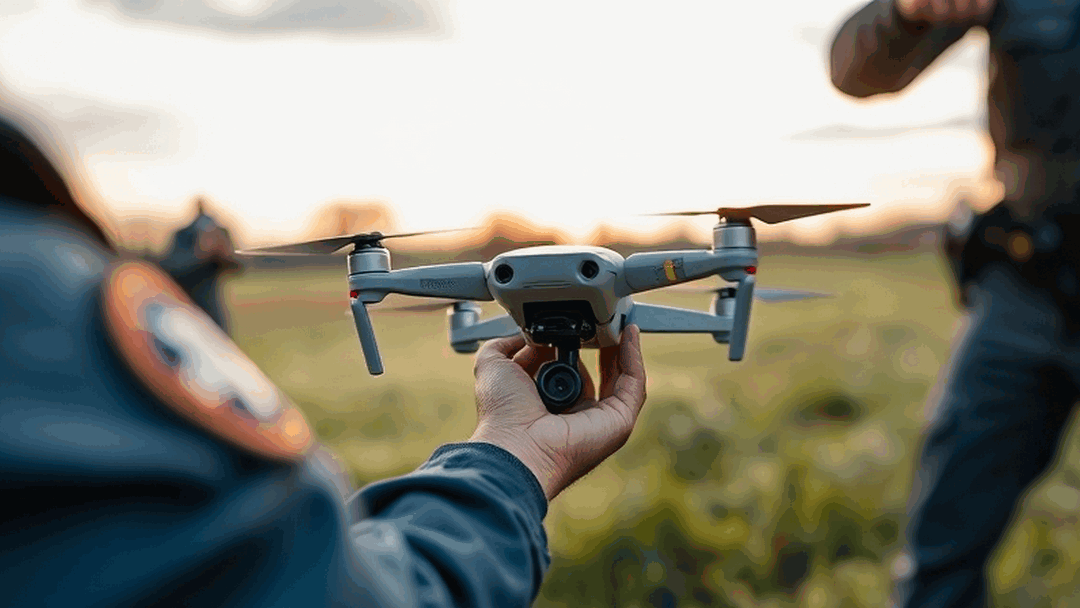Do Passengers in your vehicle have 4th Amendment Rights against Search and Seizure?
Passengers in a vehicle are afforded Fourth Amendment protections against unreasonable searches and seizures, though the scope of these rights varies based on the specific circumstances surrounding the stop and search.
The Fourth Amendment protects all individuals, including passengers, from unlawful government intrusions.
However, the scope of this protection can vary, especially in the context of vehicle stops and searches.
Fourth Amendment Rights of Passengers
The U.S. Supreme Court has clarified the rights of passengers in several key cases. In Brendlin v. California (2007), the Court ruled that passengers, like drivers, are “seized” during a traffic stop and therefore have the right to challenge the legality of the stop. This means that if the stop is found to be unlawful, any evidence obtained as a result may be suppressed, even if it was found on a passenger.
However, the right to challenge the stop does not necessarily extend to a right to challenge the search of the vehicle. In Rakas v. Illinois (1978), the Supreme Court held that passengers do not have a legitimate expectation of privacy in a vehicle they do not own or control. Therefore, while a passenger can challenge the stop itself, they cannot generally challenge the search of the vehicle unless they have a personal privacy interest in the area searched, such as in their personal belongings.
Michigan Law and Passenger Rights
Under Michigan law, as per the Michigan Compiled Laws (MCL), the rights of passengers align with federal standards. For instance, MCL 257.742 outlines the procedure for stopping vehicles and the obligations of drivers and passengers during traffic stops. While the law primarily addresses the driver’s responsibilities, passengers are also protected under the broader umbrella of the Fourth Amendment.
However, Michigan courts, following federal precedent, generally hold that passengers cannot challenge the search of a vehicle unless they can demonstrate a personal privacy interest in the area searched. For example, if a passenger’s personal bag or purse is searched, they may have standing to challenge that search.
Consent and Plain View Doctrine
If a driver consents to a search, that consent typically extends to the entire vehicle, including areas where passengers’ belongings may be stored. However, the scope of the consented search must be reasonable. Similarly, under the plain view doctrine, if an officer lawfully stops a vehicle and observes illegal items in plain view, those items can be seized without violating Fourth Amendment rights, regardless of whether they belong to the driver or a passenger.
Conclusion
Passengers in a vehicle do have Fourth Amendment rights, particularly concerning the legality of the traffic stop. However, their ability to challenge the search of the vehicle is limited unless they can show a personal privacy interest in the area searched. The balance between individual rights and law enforcement authority continues to be shaped by court rulings, both at the federal and state levels. Understanding these nuances is essential for recognizing the protections afforded to passengers under the Fourth Amendment.
Legal Counsel and Your Rights
When facing legal challenges, particularly in criminal cases, it is advisable to seek legal counsel immediately.
An experienced attorney can provide guidance on how to navigate interactions with law enforcement while safeguarding your constitutional rights.
Since 1993 our expert legal defense in navigating criminal law matters and protecting your constitutional rights are what we eat for breakfast everyday.
Contact Komorn Law PLLC if you’re ready to fight and win.
Research us and then call us.
Do you know what to do if you are pulled over by a police officer?
Below is some information that can help to make a traffic stop less stressful and safer for everyone.
- First, when you notice emergency lights behind you, pull over to the right side of the road as soon as it’s safe to do so. Keep calm and try to remain still. Stay in your vehicle, open the driver’s side window and keep your hands in sight on the steering wheel.
- When the officer asks, provide your driver’s license, vehicle registration and proof of insurance. At this point in the traffic stop, the officer should tell you why you were stopped. If he or she doesn’t, it’s okay to inquire about the reason for the stop once you have provided your driver’s license, vehicle registration and proof of insurance. When addressing the officer, speak with the same level of respect you expect from him or her.
- If the officer issues you a citation, don’t argue the reason for it during the traffic stop. The best and most appropriate place to dispute a citation is in court.
- When the officer tells you it’s okay to leave, make sure your seat belt is buckled and that it’s safe to enter the roadway before pulling out. As you get back on the road, follow all traffic laws, including using your turn signal. The officer will likely remain on the side of the road, with lights activated, until you have safely re-entered traffic.
If you feel the officer acted inappropriately or didn’t treat you fairly, it’s okay to follow up with a phone call to his or her supervisor.
Source: Michigan Government
Recent

When Can Police Confiscate Your Drone in Michigan?
Someone asked us... Can the police take my drone?As we have seen ... They can charge, arrest you and take your stuff for whatever they want. You'll have to fight it out in court to get it back.In Michigan, the police can confiscate your drone under certain...

People who are going to need a Lawyer – November 12, 2024
People who are going to need a LawyerMan so drunk field sobriety tests were ‘too dangerous’ sentenced to life in prison for repeated DWI convictions‘Several terabytes’: Diddy prosecutors shed light on ‘voluminous’ discovery, including iCloud accounts and dozens of...
Other Articles
No Results Found
The page you requested could not be found. Try refining your search, or use the navigation above to locate the post.






